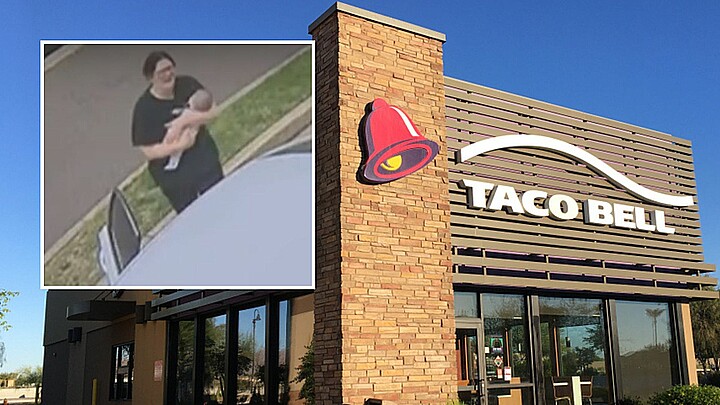Trending
FDA warns against deadly TikTok trend 'NyQuil Chicken Challenge'
“Put simply: Someone could take a dangerously high amount of the cough and cold medicine without even realizing it”

September 21, 2022 8:57am
Updated: September 21, 2022 1:33pm
The U.S. Food and Drug Administration is warning social media users against the challenge that involves cooking chicken with NyQuil.
As part of the viral trend “NyQuil Chicken Challenge,” social media users are covering their chicken with the over-the-counter liquid medication that is used to treat the flu, colds, and allergies.
FDA issued warning of TikTok challenge that encourages people to cook chicken in NyQuil pic.twitter.com/ahTtA8ETsm
— DomisLive NEWS (@domislivenews) September 20, 2022
The FDA explained in a statement that the challenge could have potentially deadly outcomes, not only from eating the meal but from the cooking process itself.
“Boiling a medication can make it much more concentrated and change its properties in other ways,” the FDA explained in a warning. If the medication’s vapors are inhaled while cooking, a large quantity of drugs can enter an individual’s body, the agency added.
“It could also hurt your lungs,” the warning continued. “Put simply: Someone could take a dangerously high amount of the cough and cold medicine without even realizing it.”
Overdosing on NyQuil can cause seizures, dizziness, liver problems, and breathing problems, among other symptoms.
“If you ate one of those cutlets completely cooked, it’d be as if you’re actually consuming a quarter to half a bottle of NyQuil,” Dr. Aaron Hartmen, a physician and assistant clinical professor of family medicine at Virginia Commonwealth University, told MIC.com.
“When you cook cough medicine like NyQuil, you boil off the water and alcohol in it, leaving the chicken saturated with a super-concentrated amount of drugs in the meat,” he added.
Similar to other viral challenges, the “NyQuil Chicken Challenge” relies on “peer pressure” with “online video clips of people misusing nonprescription medications and encouraging viewers to do so too,” according to the FDA.










